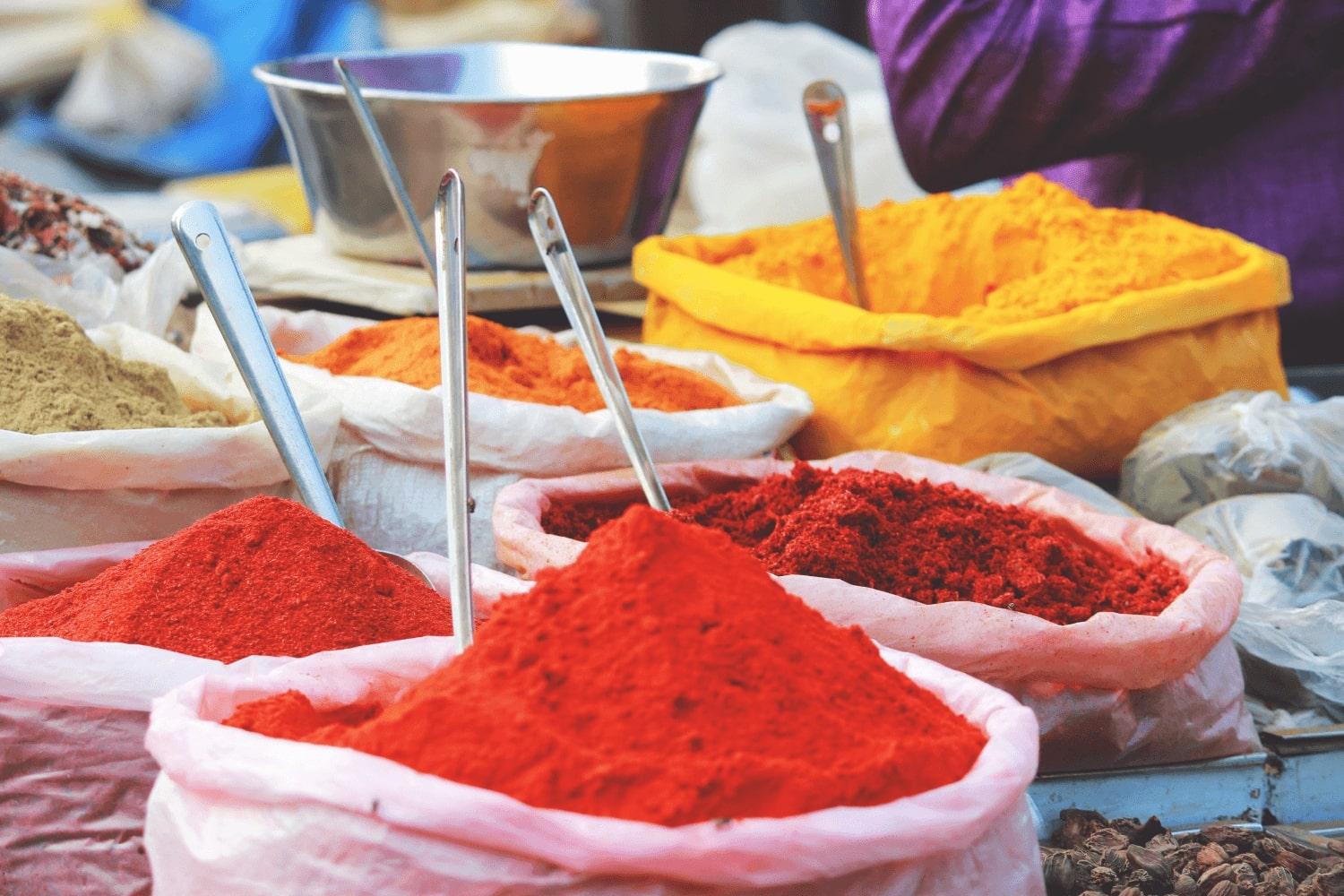
Student Assistance Services News
February 2022
Student Assistance Specialists (SASs) have expertise in the mental health and substance use field. They have Master’s degrees in Social Work or Counseling, and most are licensed by the Virginia Department of Health Professions as Clinical Social Workers, Professional Counselors or Substance Abuse Treatment Practitioners. As members of the Unified Mental Health Team, Student Assistance Specialists support LCPS initiatives that promote student connectedness, enhance student resilience and educate about mental health and substance use issues. We provide educational presentations for students and parents, restorative practices, individualized and group support, referral services, coordination with providers, staff development and consultation with parents and staff.
To find your school's SAS assignment, visit our website.
Dietary Supplements - Medicines or Drugs? Safe or not?
You may see advertisements for products such as Kratom and Phenibut at vape shops, convenient stores or gas stations. Are these products legalized drugs or medications? According to the Food and Drug Administration (FDA), they are categorized as Dietary Supplements.
The Dietary Supplement Health and Education Act (DSHEA) of 1994 defined "dietary ingredient" and "new dietary ingredient" as components of dietary supplements. In order for an ingredient of a dietary supplement to be a "dietary ingredient," it must be one or any combination of the following substances:
- a vitamin,
- a mineral,
- an herb or other botanical,
- an amino acid,
- a dietary substance for use by man to supplement the diet by increasing the total dietary intake (e.g., enzymes or tissues from organs or glands), or
- a concentrate, metabolite, constituent or extract.
The FDA specifies that dietary supplements are not intended to treat, cure, or alleviate the effects of diseases. These products are not regulated by the FDA, and companies who manufacture dietary supplements for sale do not require FDA approval. Listed below are some commonly abused dietary supplements and known side effects:
Kratom: Sometimes referred to as “gas station Heroin,” Kratom is has similar effects to a stimulant when taken in small doses. When taken in large doses, Kratom can have a sedative, opioid-like effect.
Kratom's side effects: Federally, Kratom is a legal substance; however, it has been banned in six states: Alabama, Arkansas, Indiana, Rhode Island, Vermont, and Wisconsin. According to the May Clinic, poison control centers in the United States received about 1,800 reports involving use of kratom from 2011 through 2017, including reports of death. About half of these exposures resulted in serious negative outcomes such as seizures and high blood pressure. Other side effects include weight loss, dry mouth, chills, nausea and vomiting, changes in urine, constipation, liver damage, muscle pain, dizziness, drowsiness, hallucinations, delusion, depression, breathing suppression, coma and death.
Phenibut: Also known as the “happy drug," Phenibut is a central nervous system depressant marketed as a diet supplement and mood enhancer. Commonly used with alcohol to “bump up the high,” it is also used as an alcohol replacement because it cannot be detected on a breathalyzer test. In Russia, Phenibut is a prescribed medication used to treat anxiety and insomnia.
Phenibut's side effects: In small doses, it can cause dizziness, nausea, poor balance, and fatigue. In large doses, it can cause trouble breathing, unconsciousness, and death.
Tianeptine (AKA Tiana, Zaza Red, Tiana Red): Also marketed as a dietary supplement/mood enhancer, Tianeptine is an emerging substance being abused for its euphoric properties similar to opioids and heroin. Alabama recently banned the sale of Tianeptine and classified it as a Schedule II substance. Schedule II substances are drugs with a high potential for abuse that could lead to severe physiological or physical dependence.
Tianeptine's side effects: According to the National Institutes of Health, there are several published case reports of Tianeptine intoxication and death. An overdose of Tianeptine can lead to opioid-like effects and lead to respiratory failure and death.
Due to lack of research into the potential harmful effects of these substances, we don't yet know all of the specific risks associated with them, especially when used in larger amounts. As a result of this lack of research, these substances remain unregulated, leading young people to believe they are low risk, thus opening the door for young people to abuse them.
Mental Health & Wellness Conference Presentation
Education and Support Resources
Increase Your Knowledge
https://www.lcps.org/Page/223622 - Parent/Student Substance Use information
https://www.lcps.org/Page/201540 - Alcohol Information
https://www.lcps.org/Page/184676 - Drug Information
https://www.lcps.org/Page/201538 - Tobacco and E-Cig Information
https://easyread.drugabuse.gov/ - Easy-to-read drug facts
https://www.truthinitiative.org - Tobacco and Nicotine education, advocacy and cessation resources
https://www.drugabuse.gov/drug-topics/comorbidity/covid-19-resources - COVID-19 & Substance Use
https://www.sciencedirect.com/science/article/pii/S1054139X20303992—Stanford study on vaping increasing COVID-19 risk
https://www.dea.gov/factsheets - DEA website - drug-specific information, pill identifiers, social media trends
https://www.addictionpolicy.org/addiction-a-z— Addiction Policy Forum website—provides educational videos and articles
https://starttalkingnow.org/ - Education and tips for parents on talking to their children about substance use
Support for you as a Loved One
https://www.familiesagainstnarcotics.org/ - Resource for families
https://drugfree.org/article/online-support-community-for-parents-caregivers/ - Online Support Community for parents/caregivers
https://www.alanondistrict10.org/ - Support for family members of someone struggling with addiction—Zoom meetings
https://www.alanondistrict10.org/zoom-meetings—Support for children of parents struggling with addiction—Zoom meetings
https://al-anon.org/for-members/members-resources/mobile-app/ - Find online Alateen meetings
https://www.addictionpolicy.org/find-help—Addiction Policy Forum website for finding and navigating the treatment experience
Find a Treatment Provider
https://findtreatment.gov/ - SAMHSA treatment locator
1-800-662-HELP (4357) TTY: 1-800-487-4889
www.samhsa.gov/find-help/national-helpline - SAMSHA National Helpline
https://www.smartrecovery.org/smart-recovery-toolbox/smart-recovery-online/ - Online Recovery Community: Self-Management and Recovery Training
https://recoverydharma.org/- Recovery community based on Buddhist Principles, virtual meetings available
https://na.org/?ID=virtual_meetings—Virtual Narcotics Anonymous meetings
https://nvintergroup.org/ - Virtual Alcoholics Anonymous meetings
https://www.lcps.org/Page/228303 - LCPS listing of community treatment providers
All Rights Reserved. ©2022 Loudoun County Public Schools.






